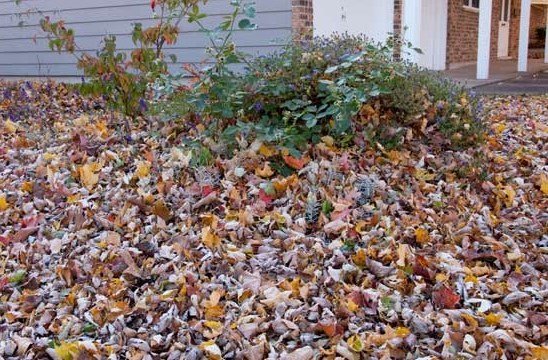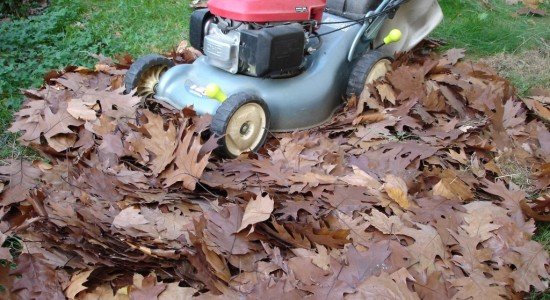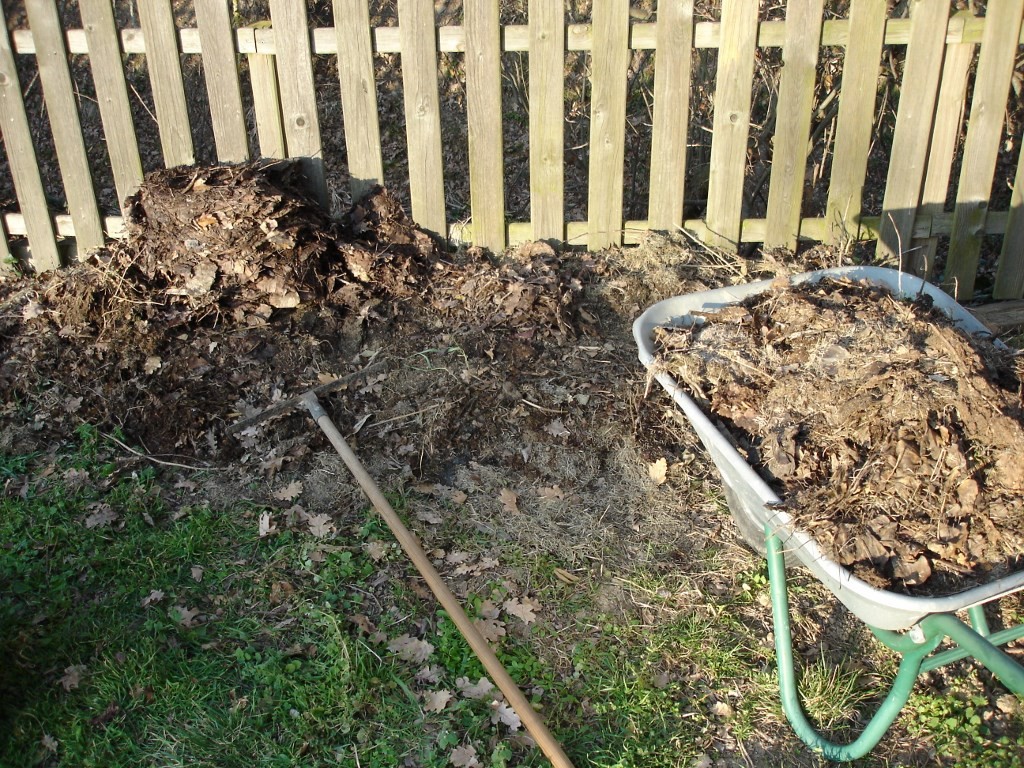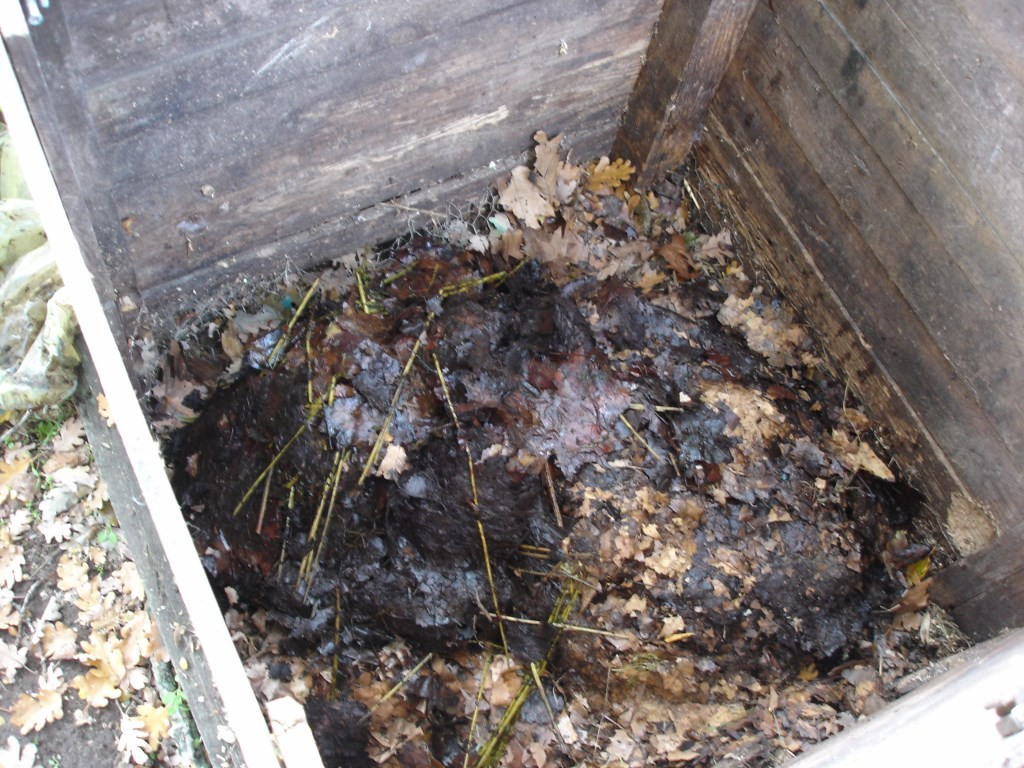
Perhaps you started a compost pile last spring.
Maybe you dutifully threw in all your kitchen scraps.
And probably all those peelings didn’t really turn into compost!
Yet you had scrupulously followed the two-column instructions – to put in / not to put out – that came with your brand new compost bin, promising a dark brown humus that would smell like the undergrowth.
So what happened?
I’ll give you part of the answer already: have you ever seen nature make piles of kitchen waste in the forest?
In fact, I’m going to tell you why fall is the best time to make compost, thanks to the leaves on the trees.
Throughout the year, tree roots pump nutrients and minerals deep into the soil.
To send them to the leaves, which will further enrich them through photosynthesis.
At the end of the summer, nature, which is well done, asks the trees to drop their leaves at our feet. We just have to pick them up!
At this point, most people will buy big plastic bags and a rake (or rather a motorized leaf vacuum), collect all these leaves and throw them away because it doesn’t look good.
In short, they will spend a lot of energy and money to get rid of something that nature gives us for free!
When all these dead leaves could enrich your vegetable garden!
Contents
The dead leaves will become gold for your vegetable garden

What to do with these leaves?
If they are thick and hard leaves (like plane tree leaves), I really advise you to shred them so that they decompose faster. If you don’t have a shredder, a pass with a lawnmower works too.
Option 1: You can spread them right away on your vegetable garden plots that will remain unoccupied during the winter.
With the moisture brought by the rain, they will start to decompose and mix with the soil. Another advantage is that it will prevent unwanted weeds from growing.
In the spring, all you have to do is to lightly incorporate them into the soil with a hook. You will have enriched your soil during the winter. In dry or windy areas, I don’t recommend doing this because the wind will push your leaves in a heap against the separating fence, I’ve already experienced this!

Option 2: Store the leaves next to your composter, and mark off a one-meter area with wire mesh held together with stakes or with scrap pallets to keep them in place.
Or store the leaves in a second compost bin, without the lid, so that the rain will wet the pile.
By piling up the leaves like this, you will see the pile shrink by half around Christmas, and by half again in the spring. But they still won’t have turned into compost!
In fact, if you wait a whole year (and sometimes even more), they will eventually decompose! Otherwise, there would be meters and meters of dead leaves in our forests!
How to make the best compost

To speed up the decomposition process, we will be able to do 3 unnatural actions:
- shred the leaves,
- mix them with green vegetable waste (rich in nitrogen),
- aerate this mixture with a fork to decompact it and bring oxygen to the bacteria that participate in the decomposition.
The secret to having a well-balanced compost is to mix one part of green matter with two parts of brown matter.
You will add your dead leaves little by little in your composter, each time you put green matter in it.
What green matter do we have at our disposal?
- vegetable peelings,
- fresh herbs (small amounts of grass clippings!),
- spoiled fruits and vegetables,
- coffee grounds,
- leftovers from meals,
- nettle manure (excellent compost activator).
What compost will bring to your vegetable garden
Scientific studies have shown that 3 centimeters of compost spread in the spring on the soil of the vegetable garden is enough to feed the crops and strengthen them against diseases.
And this for a whole season.
Nature offers us for free this material which is much more than a simple fertilizer, so let’s take advantage of it!

